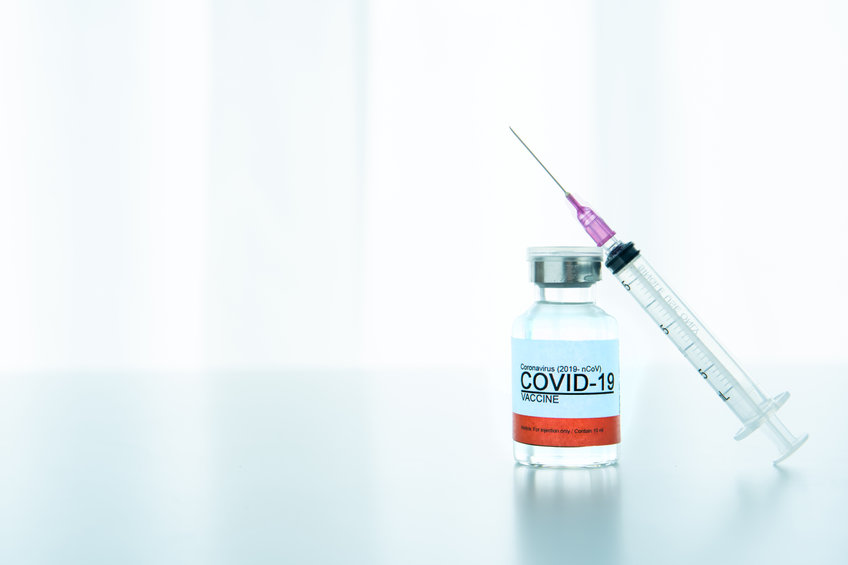Study Background:
The B.1.617.2 (delta) variant of the severe acute respiratory syndrome coronavirus 2 (SARS-CoV-2), the virus that causes coronavirus disease 2019 (Covid-19), has contributed to a surge in cases in India and has now been detected across the globe, including a noteworthy increase in cases in the United Kingdom. The effectiveness of the BNT162b2 and ChAdOx1 nCoV-19 vaccines against this variant has thus far been unclear.
Study Methods:
A test-negative case–control design was used to estimate the effectiveness of vaccination against symptomatic disease caused by the delta variant or the predominant strain over the period that the delta variant began circulating. Variants were identified through sequencing and on the basis of the spike (S) gene status. Data on all symptomatic sequenced cases of COVID-19 in England were used to estimate the proportion of cases with either variant according to the vaccination status of the patients.
Study Results:
Effectiveness after one dose of vaccine was notably lower among persons with the delta variant than among those with the alpha variant; the results were similar for both vaccines. With the BNT162b2 vaccine, the effectiveness of two doses was 93.7% among persons with the alpha variant, and 88.0% among those with the delta variant. With the ChAdOx1 nCoV-19 vaccine, the effectiveness of two doses was 74.5% among persons with the alpha variant, and 67.0% among those with the delta variant.
 Conclusions:
Conclusions:
Only modest differences in vaccine effectiveness were noted with the delta variant as compared with the alpha variant after the receipt of two vaccine doses. Absolute differences in vaccine effectiveness were more marked after the receipt of the first dose. This finding would support efforts to maximize vaccine uptake with two doses among vulnerable populations.
As the study suggests, the COVID vaccine is proving an effective method of protection against the virus, particularly when patients receive two doses.

